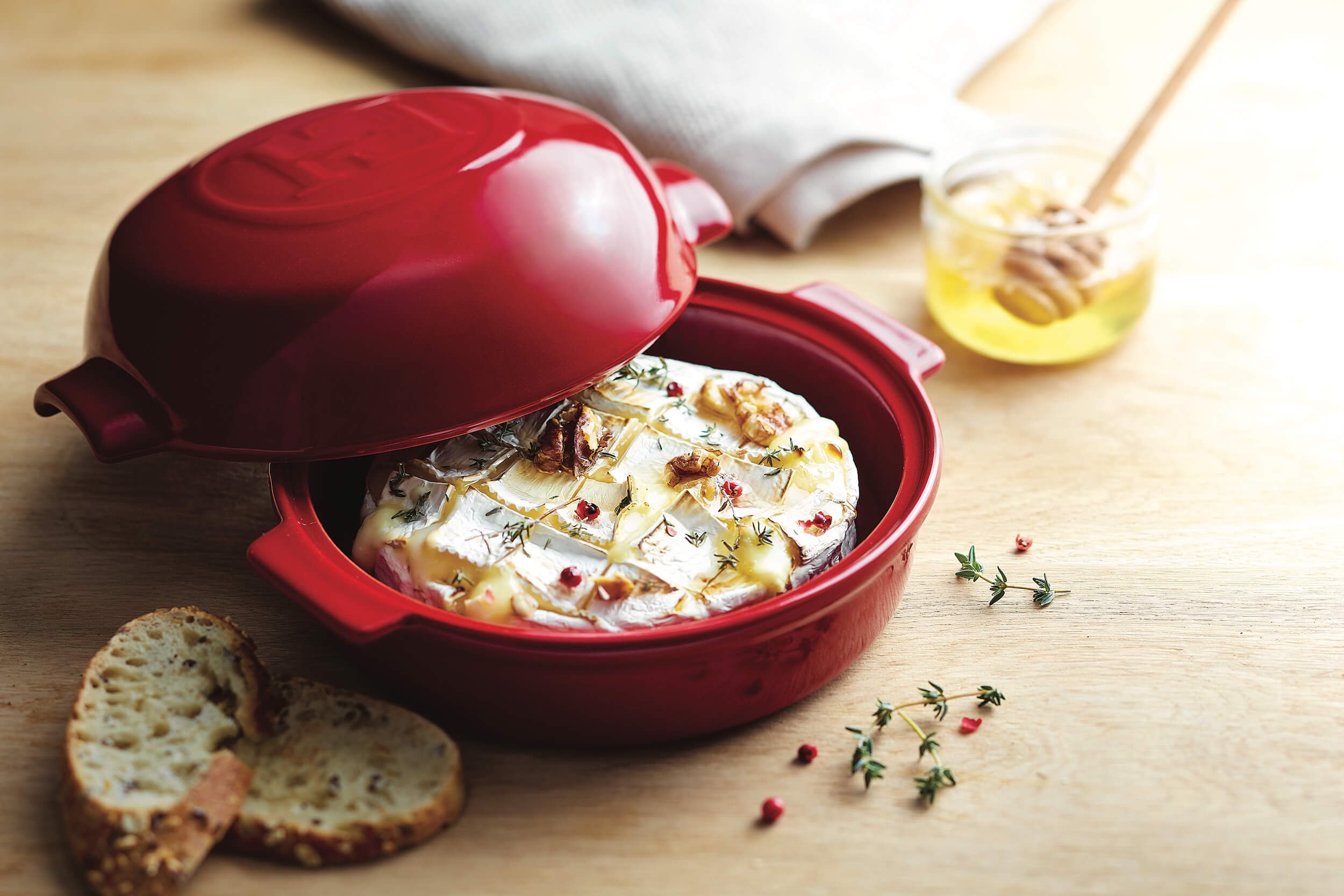A few weeks ago I attended an informal Portuguese wine tasting with Jardiniere Wine Director, the utterly charming, Eugenio Jardim. It was very gratifying for me on a number of levels. A few years ago, during the process of writing WinePassport: Portugal I got very excited about Portuguese wines. My enthusiasm has not waned. I am happy whenever I meet those who also enjoy sharing the pleasures of Portuguese wines, of which there are many.
Jardim had just returned from Portugal where he tried lots of wine and even wrote about regions of the country. We started out with one of my favorites, a Luis Pato sparkling wine from Bairrada and then proceeded with several wines I was unfamiliar with but enjoyed greatly. Then a week or so ago I went to a wine tasting of Portuguese wines that lacked distributors on the West Coast. The mood was giddy as wine writers, retailers and sommeliers discovered unique and captivating wines at often bargain prices. While red table wines from the Douro valley are becoming more common, there is much more to discover.
Next week Vini Portugal will host it's annual wine tasting event in San Francisco on April 5th, 2010, and Evan Goldstein will be giving master classes. I can't wait! If you are interested in Portuguese wines, this is THE event to attend.
While I suggest you also purchase a copy of WinePassport: Portugal, here are tips from Jardim for enjoying Portuguese wines and my comments as well:
1. Portugal is where you will find tremendous value when it comes to wine. Try something new, you don't have much to lose.
2. Don't get hung up on the varietals. As Jardim pointed out, they can be hard to pronounce and many wines are blends. When starting out, look to regions and styles instead.
3. Portugal is the last frontier. This is ironic, because Portugal has been making wine for a very, very long time. Grapes were brought to Portugal by the Phoenicians in 600 BC and Portugal has been exporting wine since the 14th century.
4. The native varieties are wonderful. Some may be similar to varietals in Spain, but others are completely unique and more often than not, food friendly.





